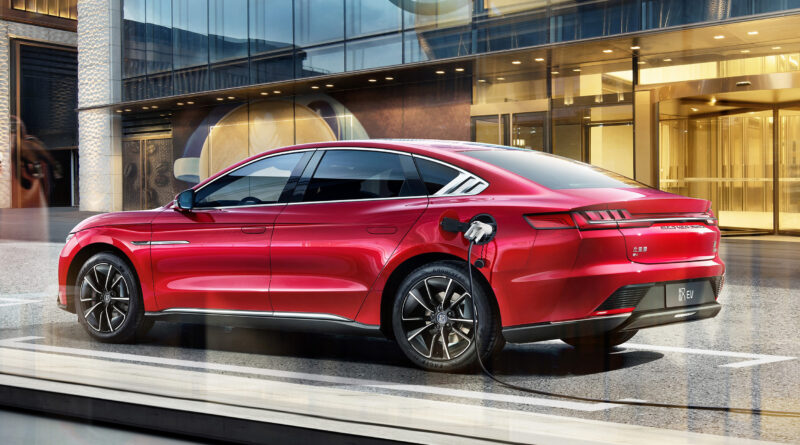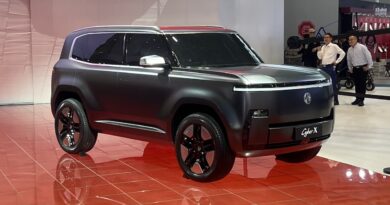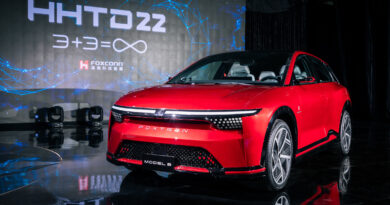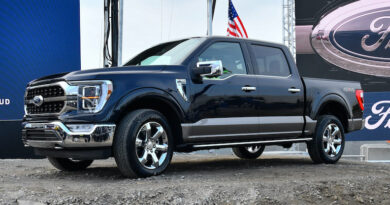Tesla tops world’s best selling EVs, PHEVs as Australia misses out
Want more details on how many of the world’s electric vehicles we’re missing out on?
Sales figures released by statistics website EV-Volumes showing the world’s top 10 selling EVs and PHEVs has the Tesla Model 3 topping the charts, with 501,000 sales throughout 2021.
The Model 3 is also by far the most popular EV in Australia, outselling the other 19 selling EVs combined by two-to-one.
But the Tesla is the only one of the world’s most popular EVs we currently get in Australia. Nine of the 10 top sellers simply aren’t sold here, albeit for different reasons.
READ MORE: Australia’s top selling EVs for 2021: Tesla outsells all other brands combined
READ MORE: Why China will soon dominate EV sales in Australia
The second best seller, for example, is the Wuling Mini EV, a Chinese-made micro car that looks like it would fall resolutely flat in Australia due to its diminutive size and gawky looks. It helps that it’s one of the cheapest EVs in the world.
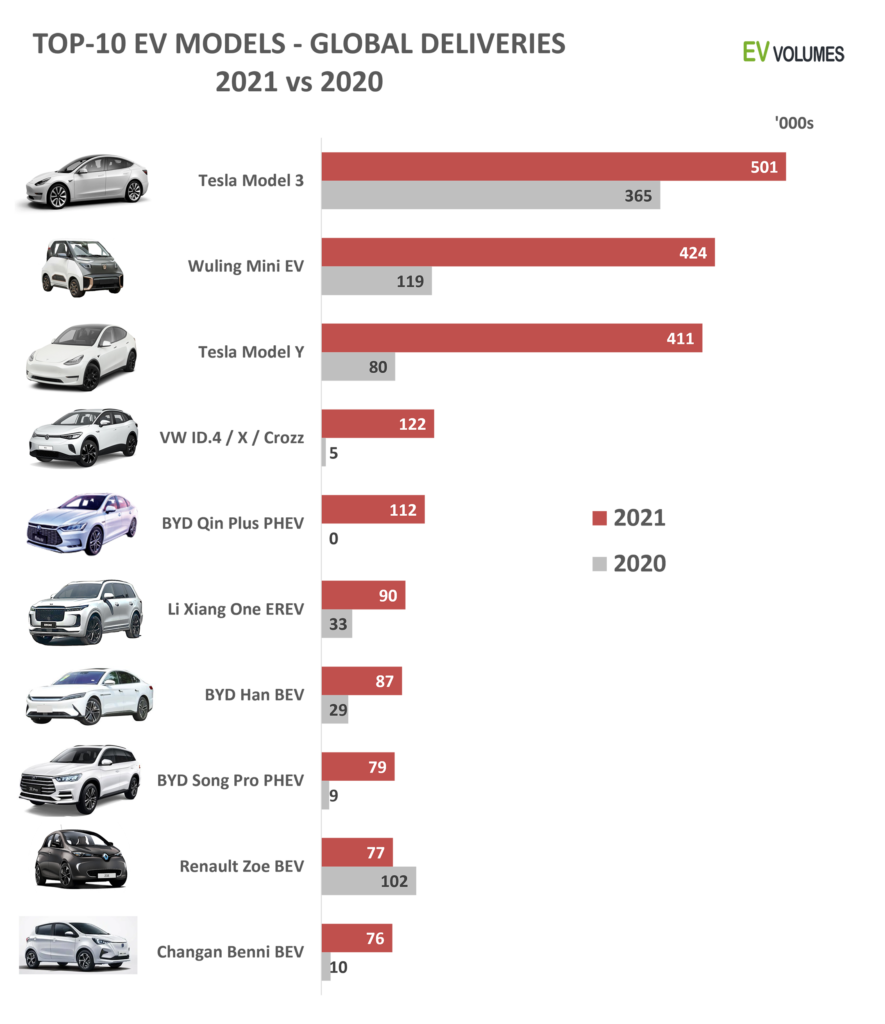
Similarly, the 10th best selling Changan Benni doesn’t look as though it would appeal to Australian tastes.
But there are plenty on the list that would work perfectly here, including the Volkswagen ID.4 in fourth place with 122,000 sales and the Tesla Model Y with 411,000 annual sales, making it by far the world’s most popular electric SUV.
Volkswagen Australia has been waving its hand high in the air for the ID.4 but has struggled to convince head office to divert cars Down Under due to the lack of emissions regulations and high demand for the vehicle in countries that do have emissions regulations.
And Tesla has certified the Model Y for sale in Australia, so we’re expecting it some time in 2022, one of the dozens of new EVs due this year.
BYD was until 2018 the world’s top selling maker of electric vehicles (in 2019, 2020 and 2021 Tesla has comfortably been the best selling EV brand) and it accounts for three of the top 10 selling rechargeable vehicles, one of the which is the Tesla-fighting Han sports sedan (pictured at the top of this article) that’s due soon in Australia. BYD has big plans for Australia with hopes to launch the Yuan Plus SUV within months.
Only three of the top 10 selling electrified vehicles are PHEVs, with the remaining seven battery electric vehicles.
In a sign of their strength in EVs, Chinese manufacturers make up half of the world’s top selling BEVs and PHEVs.
The only one on the list of top sellers to go backwards in terms of sales was the Renault Zoe; in 2020 it sold 102,000 globally but last year managed only 77,000.
As for manufacturers, Tesla dominated EV sales for 2021, growing 87 percent to trounce all others. And whereas most others also build PHEVs, Tesla only produces vehicles powered solely by batteries.
The Volkswagen Group came in second, although that total not only includes the ID.4 and ID.3 but also any EVs and PHEVs made by its various brands, including Audi, Porsche, Skoda and the upcoming Cupra brand.
BYD was third and continues to show strength, with a massive 225 percent hike in sales over 2020.
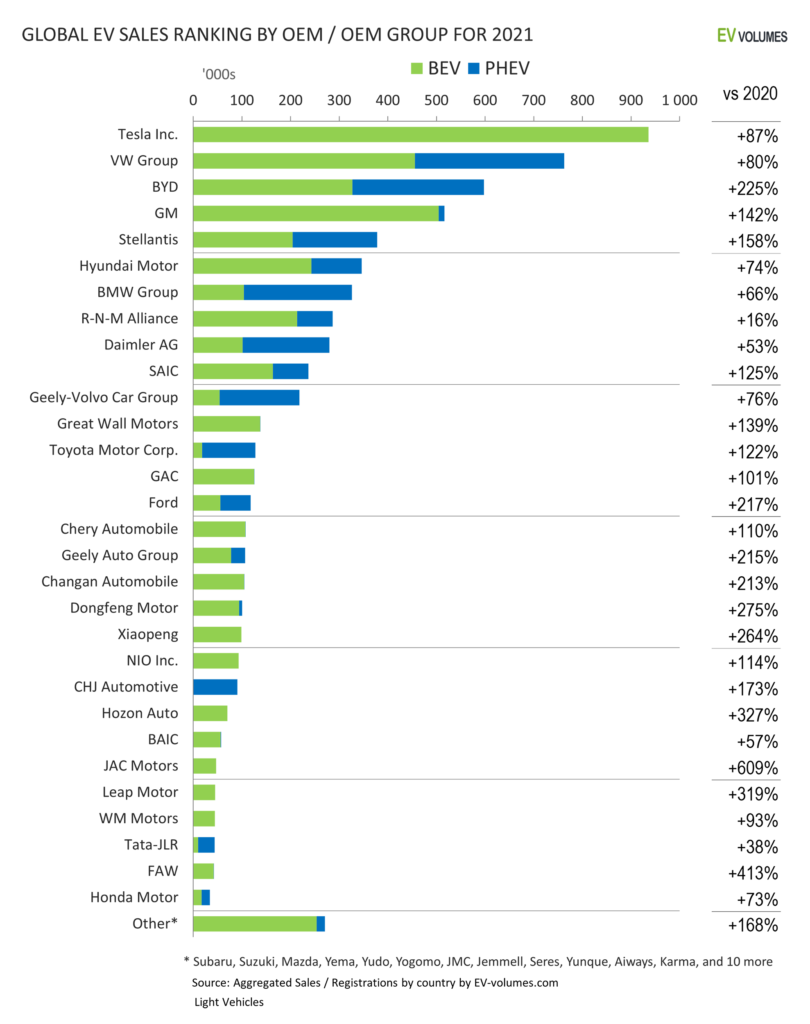
And in fourth place it’s General Motors, the American giant once in charge of Holden. GM’s EV sales look impressive, although most don’t wear a badge people would associate with General Motors; remember the Wuling we mentioned at the top of this article? That’s built as part of GM’s Chinese joint venture, so the sales tally gets added to the other EVs the company sells, including the Bolt.
Stellantis (which owns more than a dozen brands, including Jeep, Peugeot, Citroen, Ram and Maserati) slots into fifth with impressive 158 percent growth, while the Hyundai Group (which includes Kia) is up 74 percent in sixth place.
BMW slots into seventh off the back of strong PHEV sales (EV sales for BMW were less impressive in 2020, although that should change with the arrival of the iX3 and iX), ahead of the Renault/Nissan/Mitsubishi alliance in eighth.
Daimler (which was rebranded this year to Mercedes-Benz) takes ninth, and like rival BMW it’s PHEVs that did the heavy lifting in 2020; expect that to change in 2022 with the imminent arrival of the Mercedes-Benz EQS, EQE (and SUV variants of each) as well as the EQB, eVito and EQV and a range of electric AMG models.
Rounding out the top 10 is SAIC, which owns brands such as MG and LDV.
Unsurprisingly all brands grew their EV and PHEV sales in 2021 as ICE vehicle sales dropped 14 percent.
And once you take out the PHEVs from the sales mix the order changes slightly. Tesla is still number one but Volkswagen drops from second to fourth, behind GM (again, thanks to Wuling).

